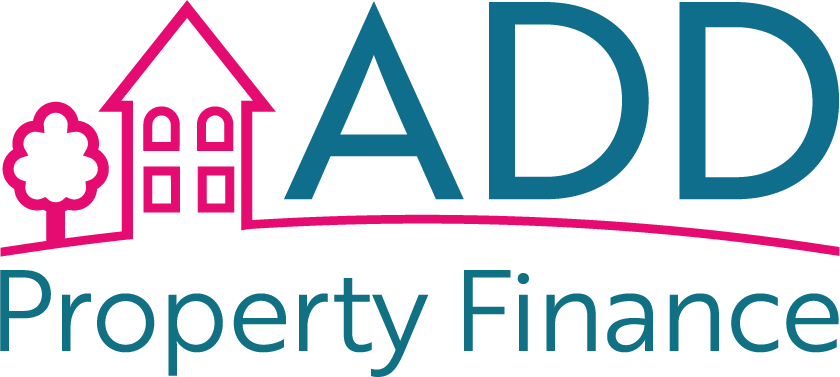When it comes to property investments, one size doesn’t fit all. Property developers and investors often face a choice between development finance and traditional mortgages. Both have their merits, but understanding the differences is crucial for making informed decisions. In this article, we’ll explore these two financing options and help you choose the right path for your property venture.
Development Finance: Fuel for Ambitious Projects
1. Flexibility
- Strength of Development Finance: It’s highly flexible, offering tailored solutions for various property development projects, from residential developments to commercial ventures.
- Traditional Mortgages: Traditional mortgages have rigid structures and are primarily designed for owner-occupiers or buy-to-let investors.
2. Speed and Access to Funds
- Strength of Development Finance: Developers can access funds quickly, crucial for seizing time-sensitive opportunities.
- Traditional Mortgages: Traditional mortgage approval processes are often lengthy and may not align with the fast-paced nature of property development.
3. Risk Mitigation
- Strength of Development Finance: Development finance lenders often work closely with borrowers to manage and mitigate risks, providing expertise specific to property development.
- Traditional Mortgages: Traditional lenders may not offer the same level of risk management tailored to property development.
4. Funding Throughout the Project
- Strength of Development Finance: Developers can secure financing for different project phases, including land acquisition, construction, and even bridging loans.
- Traditional Mortgages: Traditional mortgages typically provide funds for property purchase, leaving developers to find additional financing for construction and development costs.
Traditional Mortgages: Stability for Homeownership
1. Interest Rates
- Strength of Traditional Mortgages: Traditional mortgages often offer lower interest rates compared to development finance, resulting in lower long-term borrowing costs.
- Development Finance: Development finance may come with higher interest rates to compensate for its flexibility and higher risk profile.
2. Owner-Occupied Properties
- Strength of Traditional Mortgages: Traditional mortgages are designed for homeowners, offering stability and long-term financing.
- Development Finance: Development finance is not suitable for owner-occupiers but rather for property professionals focusing on development.
3. Fixed vs. Variable Rates
- Strength of Traditional Mortgages: Traditional mortgages often offer fixed-rate options, providing predictability in monthly payments.
- Development Finance: Development finance typically comes with variable interest rates, which can change over the loan term.
4. Income Requirements
- Strength of Traditional Mortgages: Traditional mortgages require proof of steady income, making them accessible to those with regular employment.
- Development Finance: Development finance focuses on the property’s potential rather than the borrower’s income, making it a viable option for investors.
Choosing the Right Path: Consider Your Goals
In essence, the choice between development finance and traditional mortgages boils down to your property goals. If you’re looking to develop or invest in properties for profit, development finance provides the agility and funding needed for such ventures. However, if you aim to buy a home or invest in properties for rental income, traditional mortgages offer stability and lower borrowing costs.
Remember that each property project is unique, so evaluate your needs and goals carefully. Consulting with financial experts and mortgage advisers can help you navigate this decision successfully. Ultimately, the right path is the one that aligns with your property ambitions and financial strategy.







